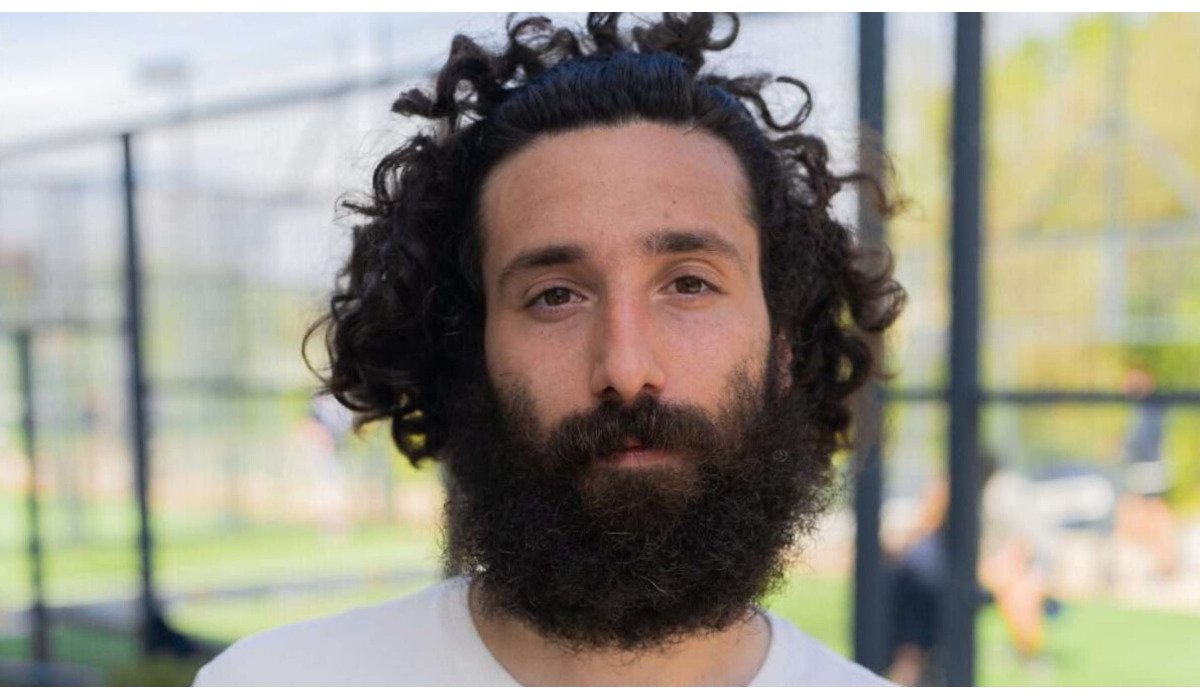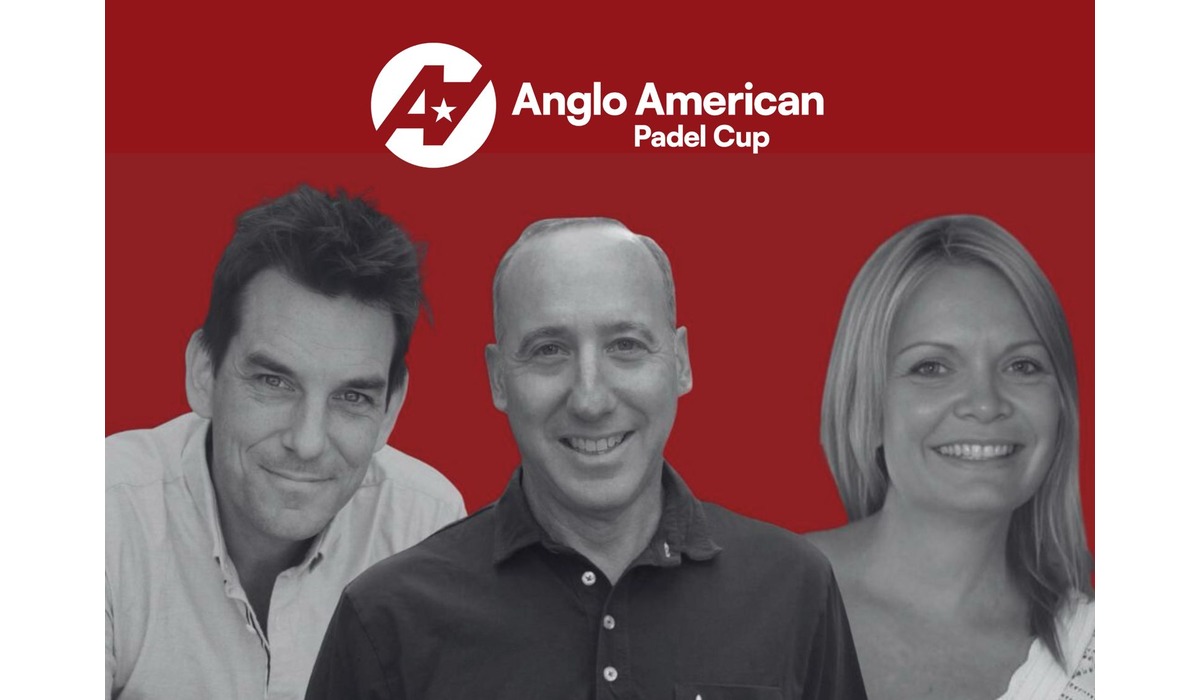From Rome’s Courts to Global Ambitions
For Michele Farinelli, padel was never just a passing hobby – it was a revelation. A former tennis player, he first picked up a padel racket in Rome around 2015, at a time when the sport was beginning to blossom in Italy. “I loved it,” he says, recalling his early experiences with the sport. Michele quickly recognised that padel offered more than recreation, citing it as “more than a sport”, padel represented a business opportunity in an industry still taking shape.
His instincts were right. In the years since, Michele has carved out a leading role at Playtomic, the world’s largest booking and management platform for racket sports. But his journey hasn’t just been about building a career – it’s been about helping to shape an entire ecosystem around a sport he believes in deeply. “There is no real history behind padel,” he explains. “Unlike tennis, there isn’t a mature structure, so we’re helping to define it. That’s the exciting part.”
The ‘Padel Cycle’: Fun, Improvement, Competition
At the core of Michele’s approach to growing padel is what he calls a universal cycle of engagement: fun, improvement, and competition. It’s a simple but powerful framework that defines how players typically evolve within the sport. “First, someone tries padel because it looks fun. Then they want to improve through coaching, clinics, or training. Finally, they want to compete. And each time they compete, they have fun again,” he says. “It becomes a perfect cycle.”
This cycle isn’t just a theory – it’s the backbone of Playtomic’s operational philosophy. It guides how the company supports new clubs, engages users, and plans market entry strategies. “Every user wants to have fun,” Michele says. “That’s the starting point. But as they play more, their expectations evolve.” This insight is especially critical in emerging markets, where clubs can’t just open their doors and expect full courts. Michele is keen to stress the need to build a community from scratch – one that supports each phase of the cycle.
“Every user wants to have fun… that’s the starting point. But as they play more, their expectations evolve.”
Padel, he points out, is uniquely well-suited to this. Unlike other sports that require significant investment of time or skill before they become enjoyable, padel offers instant gratification and a low barrier to entry. “Tennis takes years to really play well. Swimming? It’s hard to see what you’re improving. But with padel, you feel good from the start, and it keeps getting better,” he explains. “It’s one of the few sports where you can improve and compete while still having fun.”
Adapting Across Cultures: Europe vs. the U.S.
Having worked in both European and American markets, Michele has seen firsthand how padel’s rise plays out differently across geographies. While Europe – particularly Spain and Italy – has developed into a mature padel landscape, the U.S. is just beginning to wake up to the sport’s potential. “In the U.S., if you stop ten people on the street, maybe one or two will know padel. Most haven’t played. In Europe, it’s the opposite – everyone knows it, even if they’re not playing regularly.”
That disconnect presents both challenges and opportunities. Michele is quick to acknowledge that cultural differences must be considered. “Every country says the same thing: ‘We’re different.’ And yes, every market has its own barriers – weather, culture, location. But the underlying motivation is the same everywhere. People want to have fun, improve, and compete.”
To navigate these differences, Michele and his team apply Playtomic’s methodology while remaining sensitive to local contexts. In the U.S., where the sport is virtually unknown in many regions, promotion and education are key. “It’s not about the business numbers yet. It’s about getting people to try padel,” he says. What makes the U.S. especially exciting, he adds, is that all players in the ecosystem – industry competitors included – have an aligned interest in growing the sport from the ground up. “In the US is a unique I’ve seen competitors working together for a shared goal, which is a unique reality compared to Europe.”
What makes the U.S. especially exciting… is that all players in the ecosystem – industry competitors included – have an aligned interest in growing the sport from the ground up.
That collaborative spirit is critical in a country where geographic isolation and lack of established networks can hinder fast adoption. Unlike the U.K., which benefited from proximity to padel-rich countries, the U.S. must build its ecosystem with fewer immediate external influences. But Michele sees the challenge as a creative opportunity.
Innovation, Impact, and the Road Ahead
As Playtomic pushes forward, one of the most transformative developments on the horizon is the integration of artificial intelligence into club operations – a project Michele himself is leading. “We’re launching Playtomic’s AI co-pilot, the first of its kind in the padel industry,” he shares. “The idea is to help clubs improve their performance and make daily operations easier and smarter.”
The AI initiative is part of a broader philosophy of constant innovation at Playtomic, where Michele draws inspiration from tech giants like Apple and Google. But his ambitions go far beyond technology. For Michele, padel has the power to foster real-world social value. “Sport has an impact – on children, communities, everyone. Think about basketball – it’s not just about points; it’s about identity, support, values. That’s what we want padel to represent.”
He envisions clubs not just as places to book a court but as social hubs that help people grow – athletically, emotionally, and socially. “Padel is unique. You play as a team of two, but it’s not like football or rugby where you have a full squad and a formal coach. It’s intimate yet connected. That social energy is special.”
“Sport has an impact – on children, communities, everyone. Think about basketball – it’s not just about points; it’s about identity, support, values.”
Michele’s enthusiasm is infectious, but it’s also grounded in strategy. Every initiative, whether it’s launching a new market or rolling out new features, is connected to his original vision: that padel can – and should – be more than a game. It can be a platform for connection, joy, and personal development.
Shaping What Comes Next
Michele Farinelli’s journey from Rome’s padel courts to international strategy has been shaped by a rare combination of passion and purpose. He’s not just helping expand a sport – he’s helping define it. With the right mix of technology, regional understanding, and a human-first approach, he’s ensuring that padel’s future isn’t just scalable – it’s meaningful.


